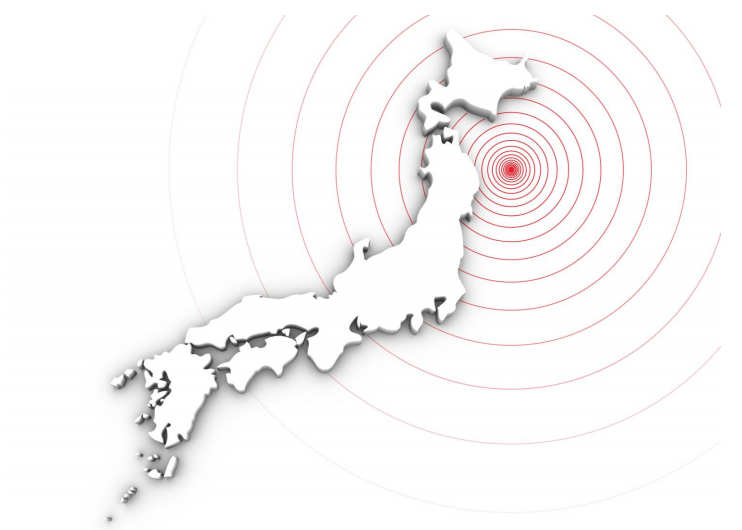
Regulating Japanese Nuclear Power in the Wake of the Fukushima Daiichi Accident
The 2011 accident at the Fukushima Daiichi nuclear power plant was preventable. The Great East Japan earthquake and the tsunami that followed it were unprecedented events in recent history, but they were not altogether unforeseeable. Stronger regulation across the nuclear power industry could have prevented many of the worst outcomes at Fukushima Daiichi and will be needed to prevent future accidents.
In an FAS issue brief, Dr. Charles Ferguson and Mr. Mark Jansson review some of the major problems leading up to the accident and provides an overview of proposed regulatory reforms, including an overhaul of the nuclear regulatory bureaucracy and specific safety requirements which are being considered for implementation in all nuclear power plants.
While it is reasonable for governments to keep the most sensitive aspects of nuclear policies secret, the rights of their citizens to have access to general knowledge about these issues is equally valid so they may know about the consequences to themselves and their country.
Nearly one year after the Pentagon certified the Sentinel intercontinental ballistic missile program to continue after it incurred critical cost and schedule overruns, the new nuclear missile could once again be in trouble.
“The era of reductions in the number of nuclear weapons in the world, which had lasted since the end of the cold war, is coming to an end”
Without information, without factual information, you can’t act. You can’t relate to the world you live in. And so it’s super important for us to be able to monitor what’s happening around the world, analyze the material, and translate it into something that different audiences can understand.